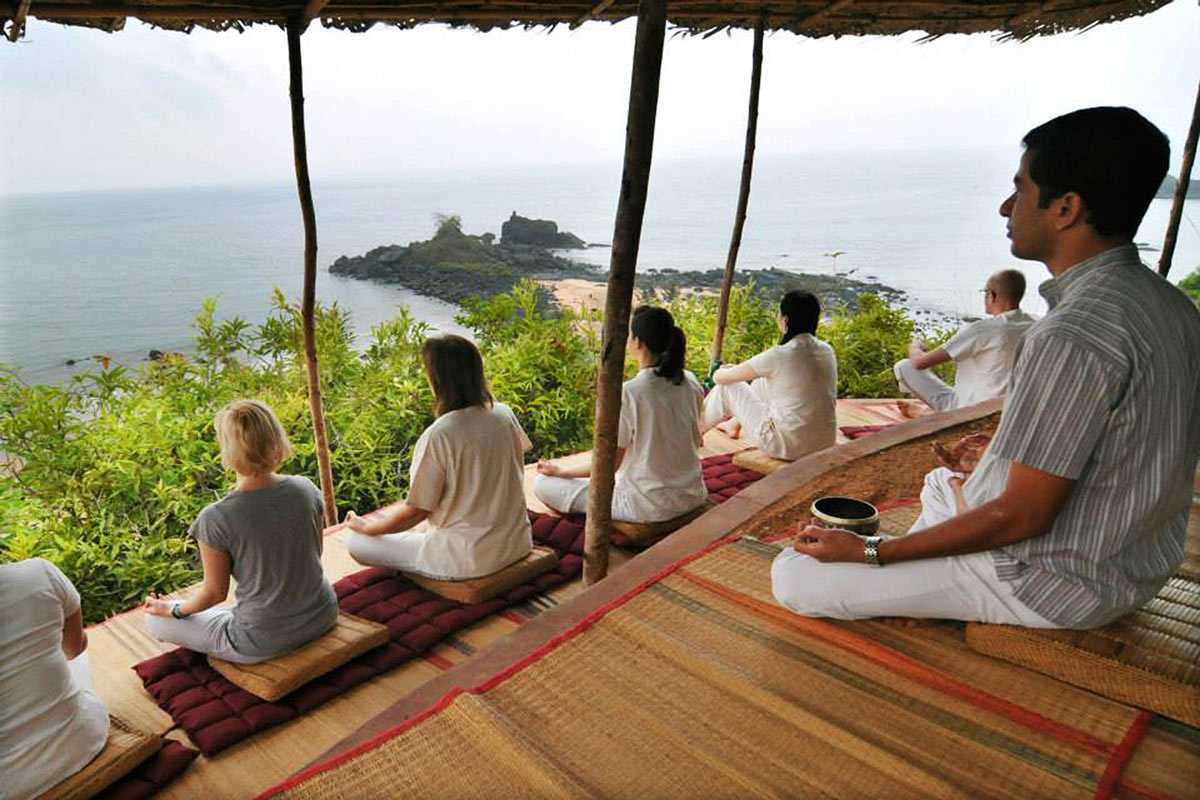In an era marked by the relentless pace of modern life, mental health issues such as depression and anxiety have become increasingly prevalent. Traditional treatments, including medication and therapy, are often effective but may not fully address the multifaceted nature of these conditions. As a result, many individuals are turning to holistic retreats as a complementary approach to healing. These retreats offer a comprehensive and integrative path to mental wellness, focusing on the mind, body, and spirit.
The Rise of Holistic Retreats
Holistic retreats for depression and anxiety are designed to provide an immersive experience that promotes healing on multiple levels. Unlike conventional treatments that primarily focus on symptom management, holistic retreats aim to uncover and address the root causes of depression and anxiety. These retreats often incorporate a variety of therapeutic modalities, such as mindfulness meditation, yoga, nutritional counseling, and nature therapy.
The popularity of holistic retreats has surged in recent years, driven by a growing recognition of the limitations of conventional treatments and a desire for more personalized and integrative care. Participants often report significant improvements in their mental health, citing the supportive community, serene environments, and comprehensive care plans as key factors in their recovery.
Mindfulness and Meditation
One of the cornerstone practices of holistic retreats for depression and anxiety is mindfulness meditation. This ancient technique, rooted in Buddhist traditions, involves focusing on the present moment while calmly acknowledging and accepting one's feelings, thoughts, and bodily sensations. Research has shown that mindfulness can reduce symptoms of depression and anxiety by promoting relaxation and increasing self-awareness.
At retreats, mindfulness is often practiced in conjunction with other activities, such as guided meditation sessions, silent walks, and mindful eating. These practices help individuals cultivate a greater sense of inner peace and emotional balance, providing them with tools to manage stress and negative emotions more effectively in their daily lives.
Yoga and Physical Activity
Physical activity is another critical component of holistic retreats for depression and anxiety. Yoga, in particular, is highly valued for its ability to harmonize the mind and body. Through a combination of postures, breathwork, and meditation, yoga helps reduce stress, improve mood, and enhance overall well-being.
Retreats typically offer a range of yoga styles to cater to different needs and preferences. Whether it's the gentle stretches of Hatha yoga, the dynamic flow of Vinyasa, or the deep relaxation of Yin yoga, participants can find practices that resonate with them. Additionally, outdoor activities like hiking, swimming, and tai chi are often included to promote physical health and a connection to nature.
Nutritional Counseling and Diet
Nutrition plays a vital role in mental health, and many holistic retreats emphasize the importance of a balanced diet. Nutritional counseling sessions educate participants about the impact of food on mood and mental function. Retreats often provide meals that are rich in nutrients, focusing on whole foods such as fruits, vegetables, whole grains, and lean proteins.
Some retreats also explore the benefits of specific dietary approaches, such as plant-based diets or anti-inflammatory diets, which have been shown to support mental health. By fostering healthier eating habits, these retreats help participants build a foundation for long-term wellness.
Nature Therapy
Nature therapy, also known as ecotherapy, is another powerful element of holistic retreats. Spending time in nature has been proven to have numerous mental health benefits, including reduced stress, improved mood, and enhanced cognitive function. Nature therapy can take many forms, such as forest bathing, gardening, or simply spending time outdoors.
Holistic retreats often leverage their natural surroundings to provide healing experiences. Whether it's a tranquil mountain setting, a serene beach, or a lush forest, the natural environment plays a crucial role in the therapeutic process. Activities like nature walks, outdoor yoga, and meditation by the sea allow participants to reconnect with the earth and find solace in its beauty.
Community and Support
A sense of community is a fundamental aspect of holistic retreats. Participants often find comfort and strength in connecting with others who share similar struggles. Group activities shared meals, and open discussions foster a supportive environment where individuals can express themselves without judgment.
The bonds formed during retreats can be a source of ongoing support even after the retreat ends. Many participants stay in touch with their peers and retreat facilitators, creating a network of encouragement and accountability that helps sustain their progress.
Integrative Therapies
Holistic retreats often incorporate a variety of integrative therapies to address the diverse needs of participants. These may include acupuncture, massage therapy, reiki, and art therapy. Each of these modalities offers unique benefits, helping to release physical tension, balance energy, and express emotions creatively.
For example, acupuncture can alleviate anxiety by stimulating specific points in the body to promote relaxation and reduce stress. Similarly, massage therapy can help release muscle tension and improve circulation, contributing to a sense of physical and emotional well-being.
Personal Growth and Empowerment
Ultimately, the goal of holistic retreats is to empower individuals to take charge of their mental health. Through a combination of self-care practices, therapeutic interventions, and educational workshops, participants gain valuable insights and skills to manage their depression and anxiety. They learn to cultivate resilience, foster positive relationships, and create a balanced and fulfilling life.
Holistic retreats offer a unique and transformative approach to healing. By addressing the mind, body, and spirit, these retreats provide a comprehensive path to mental wellness that can complement traditional treatments. For those struggling with depression and anxiety, a holistic retreat may be the key to unlocking a deeper sense of peace and happiness.

